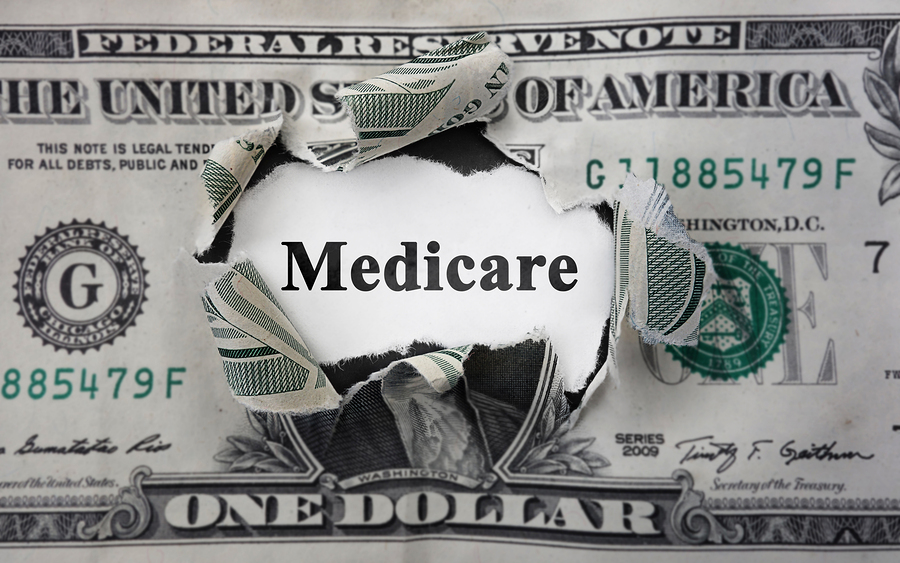I was diagnosed with multiple sclerosis in the mid-1990s — a condition that affects my brain, spinal cord and optic nerves to the point where I struggle with walking and using my arms.
Nearly 1 million Americans are affected by MS, and it’s more common in women than men. Soon after my diagnosis, I had to stop working and lost complete access to my health insurance. It took eight years to get approved for disability and later Medicare, and in the interim I relied on state programs and faced challenges with medication costs. My lack of health insurance resulted in me facing the risk of blindness not once, but twice.
Medicare has been crucial in helping me access affordable medical treatment so that when I wake up each morning, I can see the new day.
Throughout his 2024 presidential campaign, former president Donald Trump has targeted vital social programs like Medicare and Social Security. In a revealing recent CNBC interview, he openly discussed cutting such programs to reduce national debt. We cannot afford to ignore these threats. We have to recognize them for what they are — blueprints spelling out devastation for the millions of Americans who depend on Medicare and Social Security to survive.
My livelihood has dramatically improved with the support of Medicare, and it remains my lifeline. The reduction in premiums and deductibles allows me to access vital medications and treatments without facing financial ruin. I went from paying $10,000 out of pocket to paying only $3,000 for my treatment.
The years I spent getting approved for disability depleted my savings, and if Trump wins the election in November and follows through on his threats to cut the Medicare program, these medical costs and debts have the potential to leave me homeless.
Like Medicare, Social Security also plays a crucial role in providing financial stability and support to seniors who are unable to work due to disabilities or health conditions. About 67 million Americans rely on Social Security, and the funds risk running out by 2033. The same goes for Medicare in 2031. Without these programs, many of us would be left facing impossible choices between life-saving medical treatment and basic necessities like food and shelter.
I’ve faced this nightmarish dilemma multiple times over the years, and I refuse to go back to living that way.
As the election looms, my fear and anger run deep. The potential loss of these programs would not only jeopardize the health of countless Americans but would also exacerbate social inequalities and contribute to increased financial hardship among vulnerable populations — including seniors, disabled people, working-class Americans and communities of color.
Our nation faces steep challenges, but as with my illness, I’m prepared to fight back. Trump has plans to eliminate Medicare and Social Security. By contrast, President Biden promised the nation in his State of the Union address that he plans to protect and strengthen these programs while also making sure the wealthy pay their fair share. I feel safer knowing we have current leaders who are prepared to defend people like me and fight for the health of all Americans.
For millions of disabled Americans, the future looks bleak if Trump wins a second presidential term. My story serves as a powerful reminder for policymakers: Medicare and Social Security aren’t just numbers on a budget sheet. These programs are a lifeline for millions.
This November, we need to ensure healthcare equity and dignity for all Americans, especially our most vulnerable citizens. My hope remains strong.

